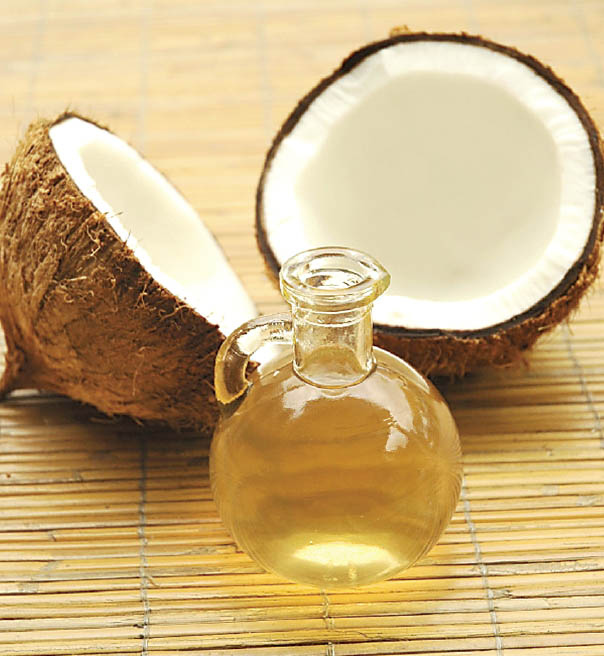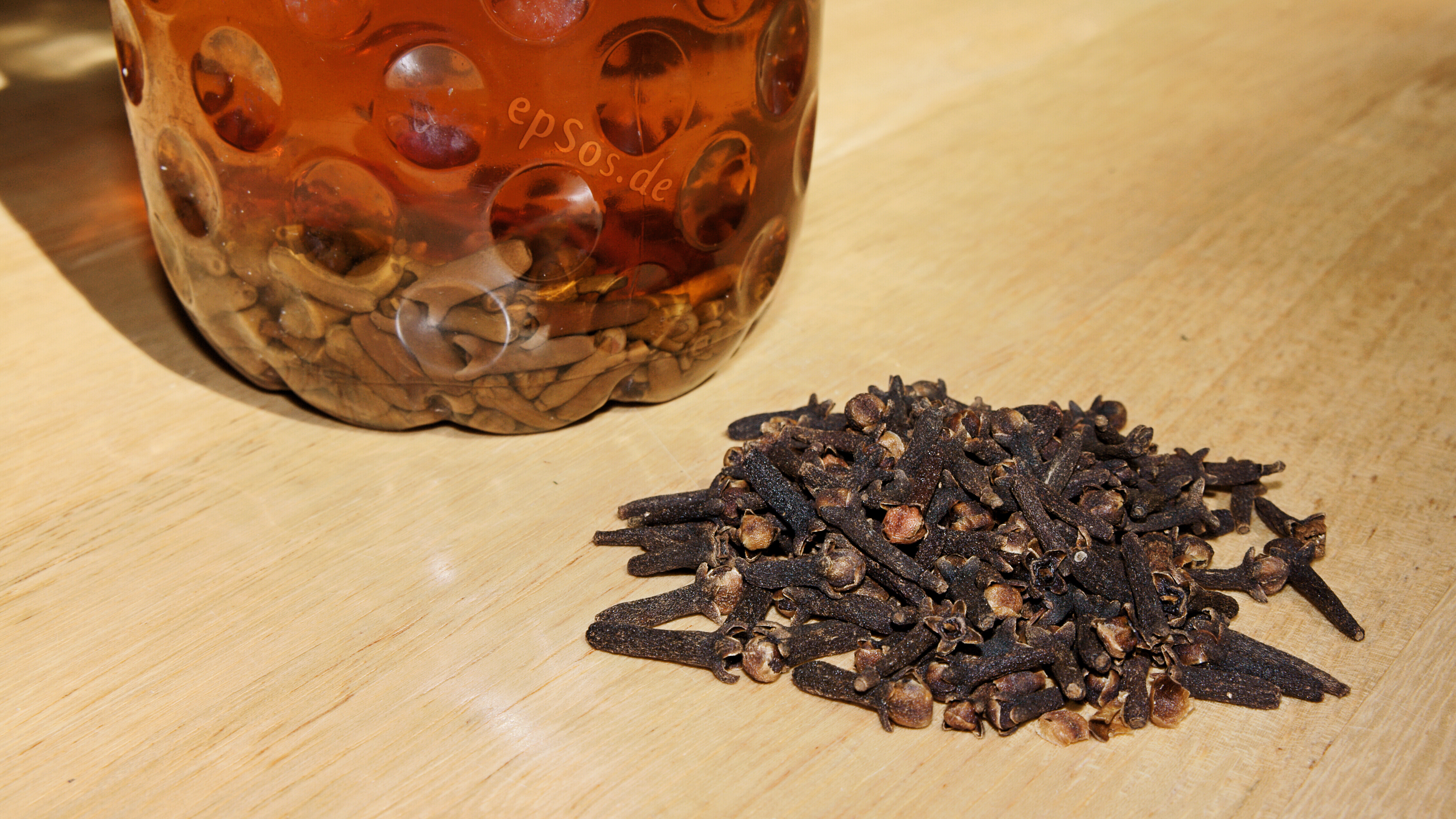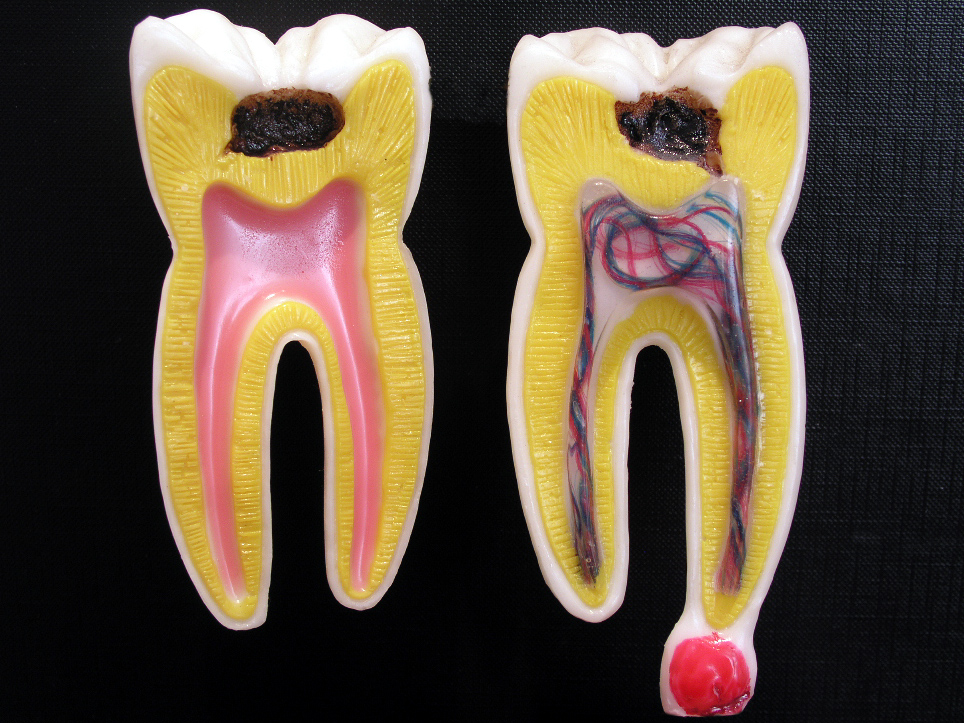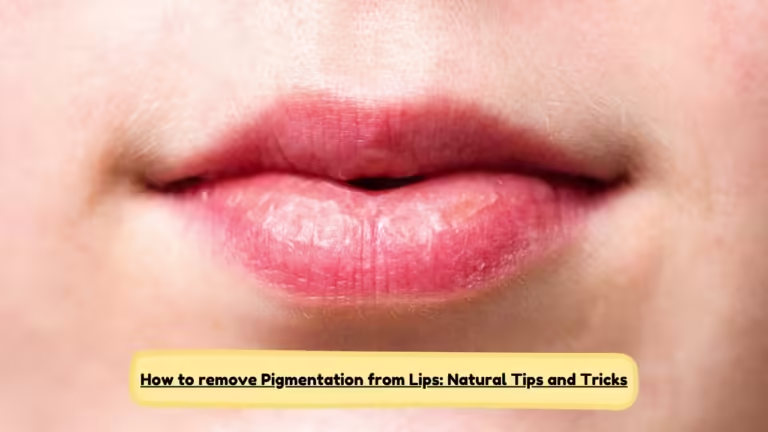Natural Antibiotic for Tooth Infection: Top Remedies and Expert Tips
Natural Antibiotic for Tooth Infection, When faced with a tooth infection, the first instinct is often to seek medical help. Traditional antibiotics prescribed by dentists or doctors are typically effective, but many people are also curious about natural remedies. Among these, natural antibiotics have gained popularity due to their effectiveness and fewer side effects. This guide explores the strongest natural antibiotic for tooth infection and provides essential insights into managing oral infections naturally.

Understanding Tooth Infections
Tooth infections, commonly referred to as dental abscesses, occur when bacteria infect the tooth’s root or surrounding gum tissue. These infections can cause severe pain, swelling, and, if left untreated, can spread to other parts of the body. The symptoms often include: Natural Antibiotic for Tooth Infection.
- Severe toothache
- Swelling in the face or cheek
- Sensitivity to hot or cold
- Fever
- Foul taste in the mouth

The Strongest Natural Antibiotic for Tooth Infection
Natural antibiotics are substances derived from plants or other natural sources that can help combat bacterial infections. For tooth infections, the following natural remedies are highly regarded:
1. Garlic
Garlic is often cited as one of the strongest natural antibiotics. It contains a compound called allicin, which has potent antibacterial properties. Allicin can help fight the bacteria causing the tooth infection and reduce inflammation. Natural Antibiotic for Tooth Infection.
How to Use: Crush a few garlic cloves to release allicin and apply the paste directly to the affected area. Alternatively, you can chew garlic cloves to help fight infection from the inside.
2. Coconut Oil

Coconut oil has antimicrobial properties due to its high lauric acid content. It is effective against bacteria and fungi, making it a good choice for oral infections.
How to Use: Swish a tablespoon of coconut oil in your mouth for 10-15 minutes as part of oil pulling. This can help reduce bacteria and promote oral health.
3. Tea Tree Oil

Tea tree oil is renowned for its antibacterial and antifungal properties. It can help reduce infection and promote healing.
How to Use: Dilute tea tree oil with a carrier oil (like coconut oil) and apply it to the infected area with a cotton ball. Avoid swallowing tea tree oil as it can be toxic when ingested. Natural Antibiotic for Tooth Infection.
4. Echinacea
Echinacea is known for its immune-boosting properties. It can help your body fight off infections more effectively.
How to Use: You can take echinacea supplements or use echinacea tea as a mouth rinse to help reduce inflammation and fight infection.
5. Clove Oil

Clove oil contains eugenol, a compound with strong antibacterial and analgesic properties. It can help alleviate pain and fight infection.
How to Use: Apply a small amount of clove oil directly to the infected area using a cotton swab. Clove oil can also be diluted with a carrier oil and used as a mouth rinse.

Why Use Natural Antibiotics? -Natural Antibiotic for Tooth Infection
Natural antibiotics offer several advantages:
- Fewer Side Effects: Natural remedies often have fewer side effects compared to pharmaceutical antibiotics.
- Holistic Benefits: Many natural antibiotics provide additional health benefits, such as boosting the immune system.
- Accessibility: Natural remedies can be more accessible and affordable.
However, it’s essential to consult with a healthcare professional before relying solely on natural antibiotics, especially for severe infections.
Q&A Section
1. What is the best antibiotic for gum infection?
For gum infections, commonly prescribed antibiotics include:
- Amoxicillin: A broad-spectrum antibiotic effective against many bacterial infections.
- Azithromycin: Useful for treating various bacterial infections, including gum infections.
- Cefoxitin: An antibiotic that is often used for more severe infections.
- Clindamycin: Effective against certain types of bacteria, particularly in those allergic to penicillin.
- Metronidazole: Often prescribed for anaerobic bacterial infections.
- Penicillin: A standard antibiotic used for various bacterial infections.
2. How do natural antibiotics compare to prescription antibiotics? (Natural Antibiotic for Tooth Infection)
Natural antibiotics can be effective for minor infections and preventive care. However, for severe infections or if a natural remedy does not work, prescription antibiotics might be necessary. Prescription antibiotics are specifically designed to target the bacteria causing the infection and are more reliable for treating serious infections.
3. Can I use natural antibiotics alongside prescription medication?
Yes, but it’s crucial to inform your healthcare provider about any natural remedies you are using. Some natural antibiotics might interact with prescription medications, affecting their efficacy.
4. Are there any risks associated with using natural antibiotics for tooth infections?
While natural antibiotics generally have fewer side effects, they can cause allergic reactions or interactions with other medications. Always conduct a patch test before applying essential oils or consult with a healthcare professional if you have concerns.
5. How long should I use natural antibiotics for a tooth infection?
Natural antibiotics should be used until the infection shows signs of improvement. If symptoms persist or worsen, seek professional medical advice.
6. What additional steps should I take to manage a tooth infection naturally?
In addition to using natural antibiotics, maintain good oral hygiene by brushing and flossing regularly. Avoid sugary foods and drinks that can exacerbate bacterial growth.

Conclusion
Using natural antibiotics for tooth infections can be an effective way to manage minor infections and support overall oral health. Garlic, coconut oil, tea tree oil, echinacea, and clove oil are some of the strongest natural antibiotics that can help alleviate symptoms and promote healing. However, it’s essential to use these remedies responsibly and consult with a healthcare professional, especially for severe or persistent infections.
Read Our Other Article Here.







